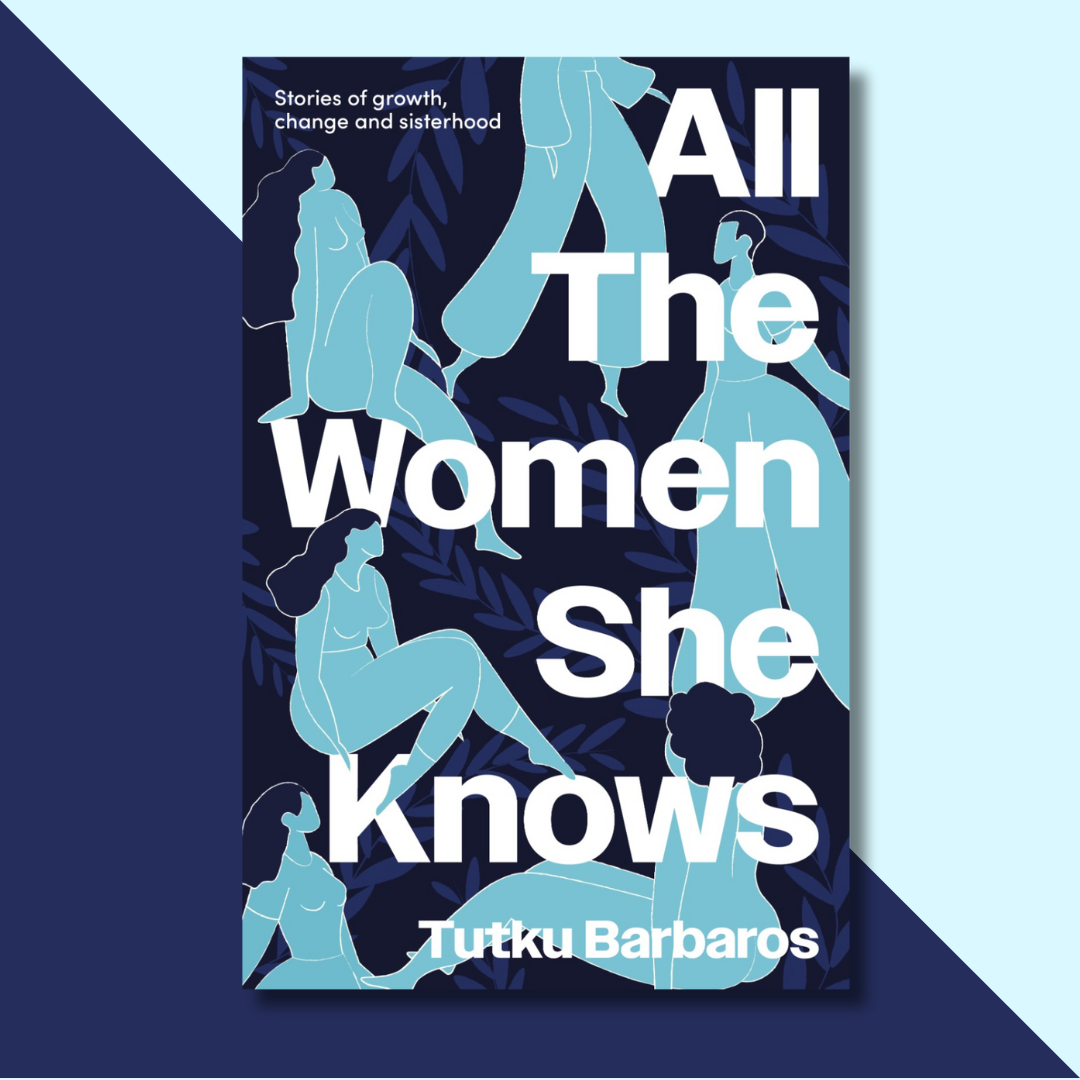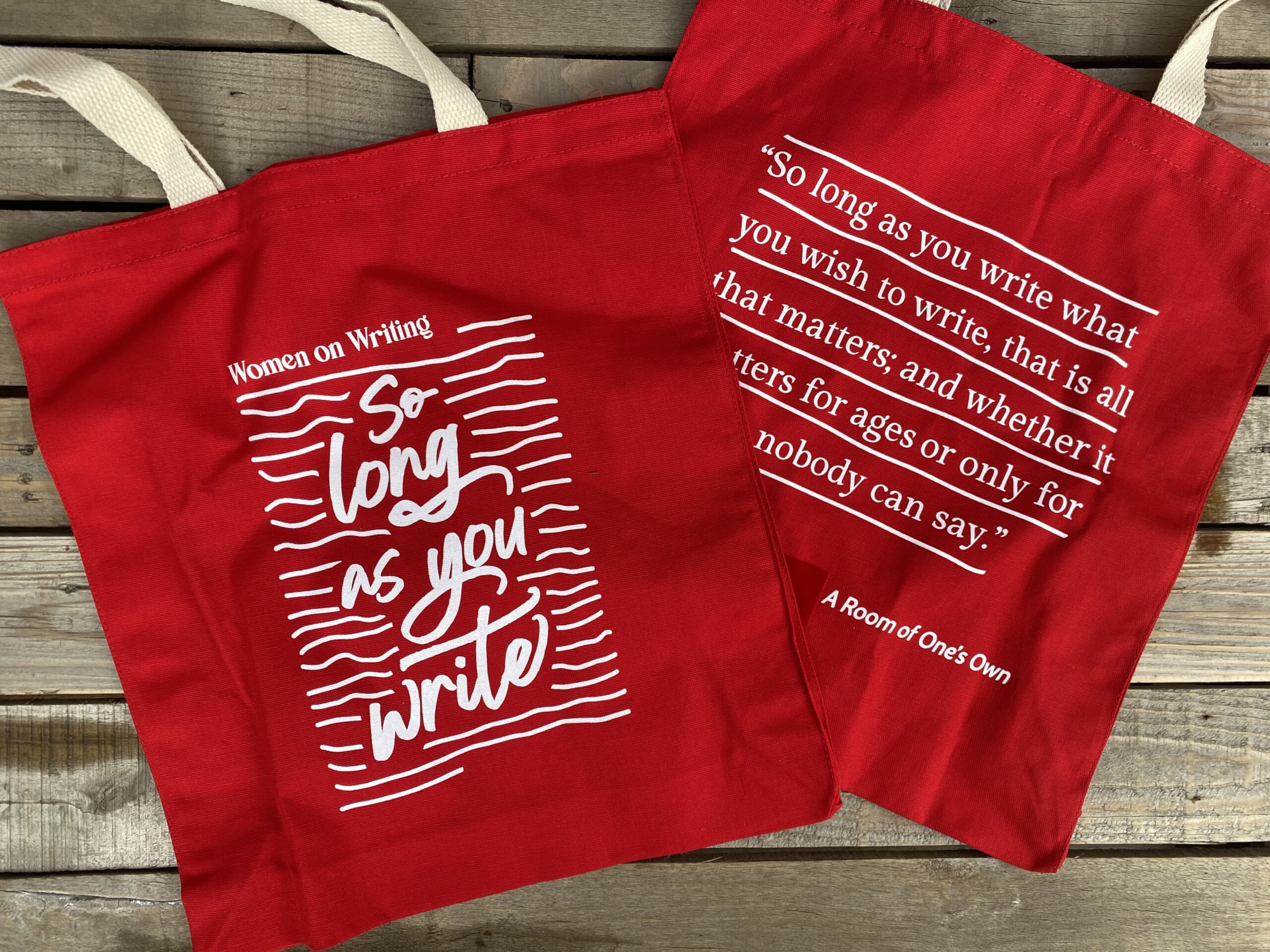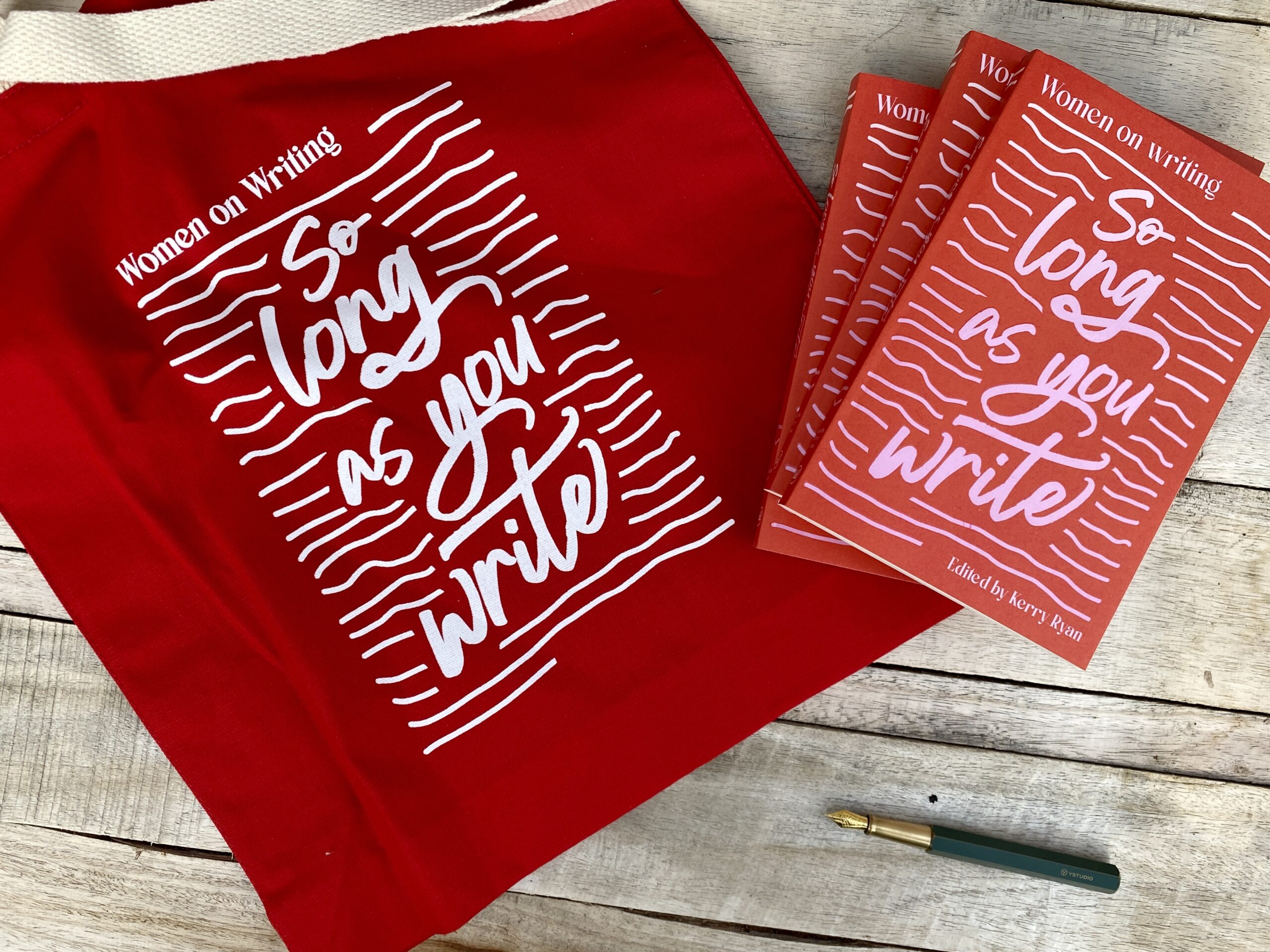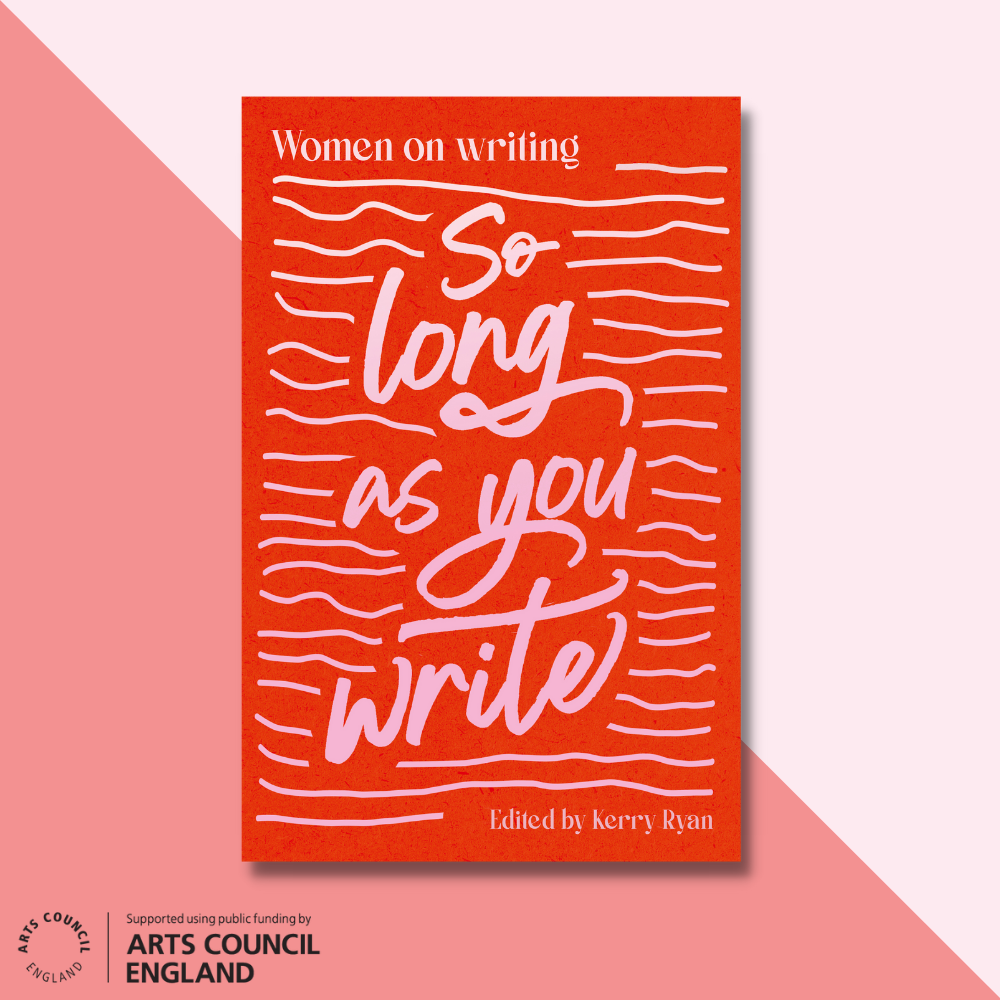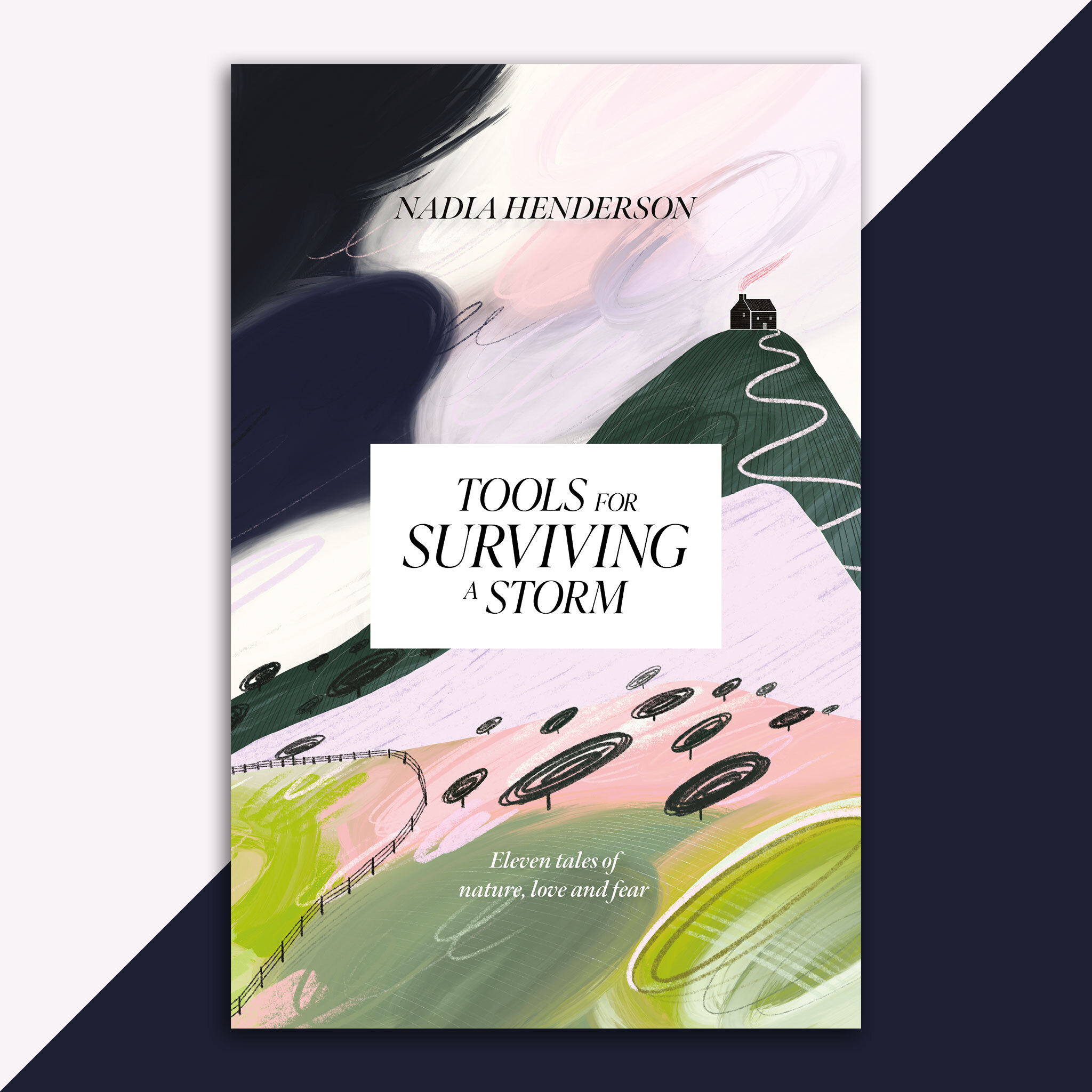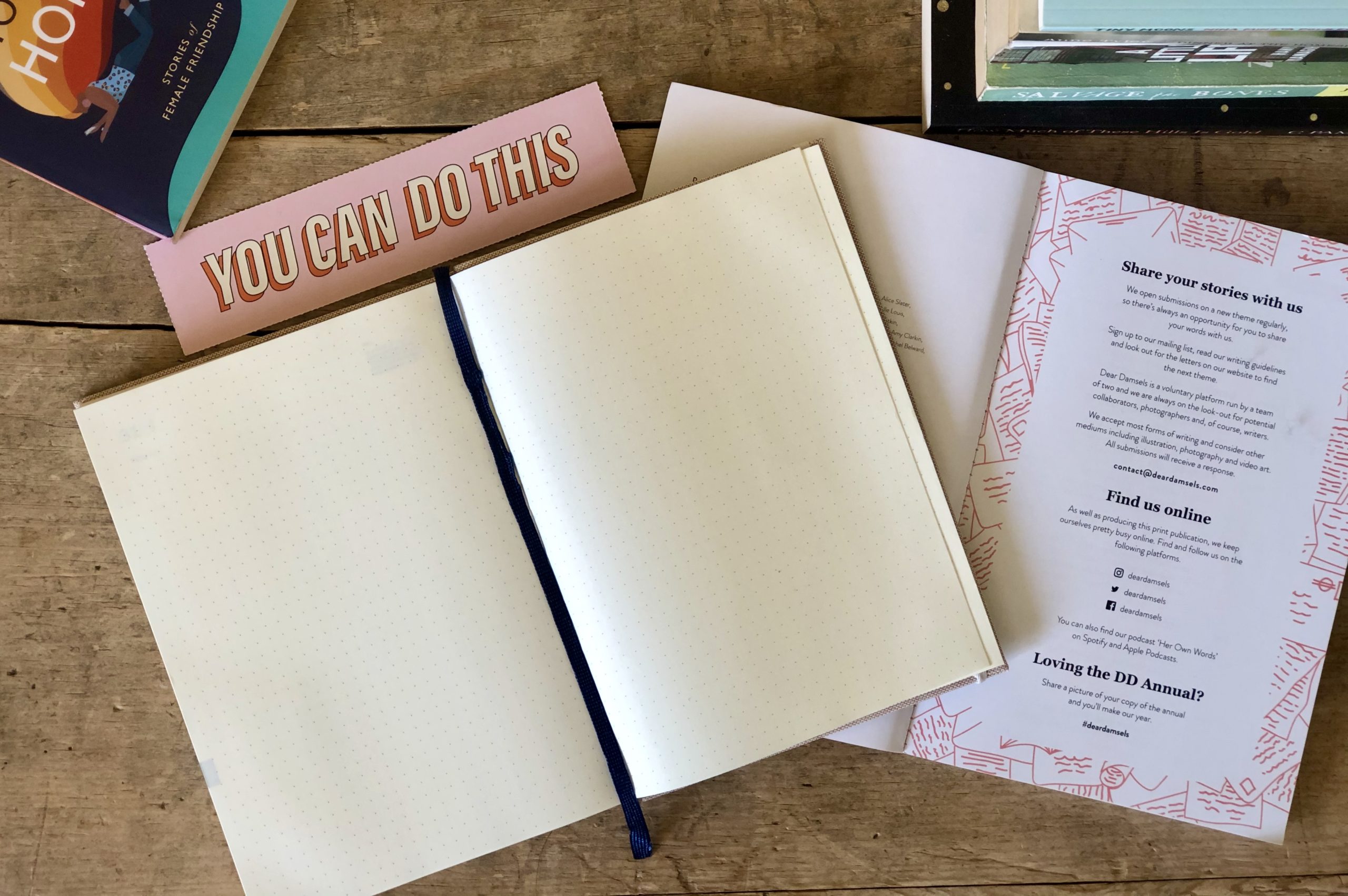What Tove Taught Me
by Elizabeth Lovatt
“It is simply this: do not tire, never lose interest, never grow indifferent – lose your invaluable curiosity and you let yourself die. It’s as simple as that.”
—Tove Jansson
I think about this quote often. It’s from Tove Jansson’s novel Fair Play, which charts the lives of two women, Mari and Jonna, two artists who live and love together on a solitary Finnish island. This quote is the header of my shambolic and messy tumblr; if I ever get a tattoo (don’t worry mum – I won’t, even I know I can’t pull them off) it would be some variant of that quote. I’ve carried it around in notebooks and in my head for over seven years. When I first read it, the truth of it hit me hard in the chest, as good writing can and should, as something I had felt but been unable to express. Like much of Jansson’s writing the words are simple but the meaning profound.
Jansson is perhaps best known as the creator of the Moomins, those round soft creatures at home in nature and out on adventures – but she was also a brilliant painter, satirist and, later in life, a writer of novels and short stories for adults. Written in 1989 when Jansson was in her seventies, Fair Play is in part about what it means to be an artist in a couple, how to retain your sense of self and your own creativity whilst wrapped up in someone else’s life. The quote itself is from a speech an elderly master puppet-maker delivers when visiting the two women. He is curmudgeonly and talks incessantly into the night, but impresses them both with his work ethic and forceful nature. But how best to summarise his message? ‘Be curious’ is too vague, too flippant, it does not convey the seriousness of the statement which joins curiosity to death and to significant loss: of energy, of interest, of passion. It is a warning that there is a real and dangerous risk to losing your curiosity: death of the artist and death of the self.
But then didn’t curiosity kill the cat? Perhaps Jansson, a Swedish speaking Finn, although a great traveller, did not know of our British cats nosing their way into other people’s business and an early grave. However later sources add an addendum to the old proverb, ‘but satisfaction brought it back’, suggesting curiosity fulfilled and knowledge acquired is actually a redemptive life-giving force. Curiosity then as Jansson says acts as a prolonger of life, or more accurately a way of living rather than an end goal. For Jansson, curiosity lies at the heart of our capacity for creativity. Jansson’s life motto of sorts, which she inscribed into her ex-libris designs, was Labora et Amare: Work and Love. And if these twin ideas are the centre point for Jansson’s life, then curiosity is what keeps it moving forward, the fire that keeps the spark of life alive.
Boel Westin writes of Fair Play in her biography Life, Art, Words that it is a deeply personal book: ‘[It] is the story of the life Tove and Tooti [Jansson’s long term partner, Tuulikki Pietilä, a graphic designer] shared in the studios, on the island, at work and travelling with the Konica [camera], a life the story makes little attempt to disguise.’ I would encourage you to look up pictures of them both – indulge your curiosity please – in my favourite they are snapped together on their island, wooden hut in the background, about to push a skiff out into sea. Jansson stands upright in the boat, oar in hand, graceful grey bobbed hair swinging, eyes cast over to Tooti, who looks back; they are in matching blue jeans and work shirts: Jansson’s red, Tooti’s a pale blue. They both look unrepentantly hale and hearty and completely at ease, they look unmistakably like part of a partnership; they look, I think, like they are in love. Of course I romanticise, but then Jansson wrote of their time on the island: ‘Imagine two people alone together for four months on a desert island without getting angry with each other more than twice! Three times, says Tooti, but it didn’t last long.’ Jansson is nothing if not an honest writer: in Fair Play the couple fall out, they are by turns moody and jealous, but they remain devoted to one another. They are caring, forgiving; they are simply human, figuring out how to live, how to work and love alongside one another. Above all they are interested, curious, in both their own work and each other’s, about their own lives and the one they share together.
“Above all they are interested, curious, in both their own work and each other’s, about their own lives and the one they share together.”
Do creativity and creative people exist without curiosity? Jansson would argue not. The point of art is to question, to reflex, to not live only in the present moment but to attempt to capture an idea, a feeling or a way of being. Artists of all mediums ask questions, direct or indirect, the most prominent being, why: Why this feeling now? Why this play of light across a landscape? Why this person saying something hurtful to that? Science too of course asks why and seeks an objective truth, but art goes one step further: why this particular truth, it asks, what does it mean to you? Creativity requires a new perspective, which can only be gained through curiosity. Ali Smith writes in her introduction to Fair Play that ‘This novel is about creativity from the very start – about how you take a day, the same as all the other old one-after-the-other days, and make it really new and fresh […] it’s very much about how to shake off old ways of seeing.’
As anyone who makes art of any kind knows, gaining a new perspective and asking why is not easy – it requires introspection, perception, a paradoxical degree of objectivity and complete subjectivity. I return always to Jansson when faced with these difficulties: ‘Do not tire, never lose interest, never grow indifferent – lose your invaluable curiosity and you let yourself die.‘ I do not want to let my curiosity die, I do not want to become unfeeling, I want to be able to share my work with someone I love and enjoy their work in return, free of jealousy and full of questions. I want to work and love. I want to remain curious, to see curiosity as a route to creativity and to love: the pathway to a life well lived. It something I think we can all aspire towards. It’s as simple as that.
Biographical information and quotes have been taken from Boel Westin’s authorised biography Life, Art, Words, published by Sort Of Books who also publish Jansson’s novels in translation.
Elizabeth Lovatt | @ElizabethLovatt
Elizabeth Lovatt is a writer of short stories and flash fiction living in London. She is part of the Write Like a Grrrl community run by For Books’ Sake, the website that champions women writers. Her fiction has featured in Popshot Magazine, Firewords and Flight Journal, among others. She currently works for Tate.
